How to Choose the Right Machining Partner for Your Next Project
Choosing the right machining partner can make or break a project. With the increasing demand for precision and efficiency in manufacturing, selecting a partner who understands your specific needs is crucial. A strong machining partner not only enhances product quality but also streamlines production processes, ultimately saving time and costs.
In a landscape filled with options, knowing what to look for can be overwhelming. Factors such as expertise, technology capabilities, and communication play vital roles in this decision. By understanding these elements, businesses can forge partnerships that lead to successful outcomes and long-term growth.
Understanding Your Project Needs
Understanding project needs is crucial for selecting an appropriate machining partner. Clear specifications and capability identification streamline collaboration and enhance outcomes.
Define Project Specifications
Define specifications such as dimensions, tolerances, materials, and finishes. Clearly stating these requirements ensures the machining partner comprehends project expectations. Include timelines and quantities to establish a clear roadmap. Well-defined specifications facilitate accurate quotations and minimize misunderstandings during production.
Identify Necessary Capabilities
Identify capabilities required for the project, including machining techniques, equipment, and certifications. Assess the partner's experience with specific materials and processes relevant to the project. Verify their capacity to handle production scale and adaptability to changing demands. Understanding these capabilities ensures alignment with project requirements.
Evaluating Potential Machining Partners
Evaluating potential machining partners involves a thorough analysis of their qualifications and reputation. Careful assessment ensures alignment with project requirements and fosters successful collaboration.
Assessing Experience and Expertise
Assess experience by reviewing the partner's history in the industry. Examine completed projects to verify specialization in relevant machining techniques. Confirm certifications and training that demonstrate technical competence. Analyze their capacity to manage various materials and complexities. Ensure they possess the necessary equipment to deliver specific project requirements efficiently.
Checking Customer Reviews and References
Check customer reviews on platforms like Google or industry-specific sites to gauge overall satisfaction. Seek references from past clients to obtain first-hand feedback on service quality, reliability, and communication. Evaluate the consistency of positive comments regarding the partner's performance. Trustworthy feedback helps identify a machining partner that not only delivers quality but also maintains strong client relationships.
Factors to Consider When Choosing
Selecting the right machining partner requires careful consideration of various factors that directly influence project success. Key aspects include quality control, production capacity, lead times, and cost management.
Quality Control Practices
Quality control standards impact product reliability and performance. Assess a partner's quality assurance protocols, including certifications like ISO 9001. Evaluate their testing methods, inspection frequency, and documentation processes to ensure they meet specifications consistently. A robust quality control system fosters trust and minimizes defects, enhancing overall project outcomes.
Production Capacity and Lead Times
Production capacity affects the ability to meet deadlines and project demands. Inquire about the partner's machinery capabilities, workforce size, and flexibility to scale operations. Understand typical lead times for materials and production run lengths to align with project timelines. Ensuring these factors meet requirements prevents potential delays and enhances workflow continuity.
Cost and Budget Considerations
Cost structures play a crucial role in project feasibility. Request detailed quotations that break down pricing for materials, labor, and any additional services. Compare these figures against industry standards to ensure competitiveness. Factor in the potential for long-term savings through efficiency and quality, as upfront costs may influence overall budget performance.
Building a Partnership
Building a strong partnership with a machining provider fosters collaboration and enhances project success. Establishing clear communication channels and nurturing trust are vital components of a successful relationship.
Communication and Collaboration
Effective communication ensures that project requirements are understood and addressed promptly. Partners who encourage regular updates, feedback, and inquiries can avoid misunderstandings. Collaboration tools, such as project management software or shared documentation, facilitate real-time sharing of information and progress, streamlining workflows and improving overall efficiency.
Establishing Trust and Reliability
Trust is fundamental in a machining partnership. A reliable partner demonstrates consistent quality and meets delivery timelines. Reviewing certifications, industry experience, and testimonials can affirm a partner's credibility. Building trust involves transparency in operations and responsiveness to concerns, ensuring long-term commitment and stability in the partnership.
Conclusion
Choosing the right machining partner is crucial for the success of any manufacturing project. By carefully evaluating potential partners based on their expertise and capabilities, companies can ensure they select a provider that aligns with their specific needs. Establishing strong communication and trust lays the foundation for a productive partnership. Prioritizing quality control and understanding production capacities can further enhance project outcomes. Ultimately, a well-chosen machining partner not only meets immediate project requirements but also contributes to long-term business growth and success.
Frequently Asked Questions
What is the significance of selecting the right machining partner in manufacturing?
Choosing the right machining partner is crucial as it directly influences project success. A suitable partner enhances product quality, boosts efficiency, and optimizes production processes, ultimately leading to time and cost savings.
What key factors should I consider when choosing a machining partner?
When selecting a machining partner, consider factors like their expertise, technological capabilities, communication skills, and experience with similar projects. These elements are essential for ensuring alignment with your project requirements.
Why is quality control important in machining partnerships?
Robust quality control practices, like ISO 9001 certifications, are critical for ensuring product reliability and minimizing defects. Effective quality control directly impacts customer satisfaction and the overall success of manufacturing processes.
How do production capacity and lead times affect my project?
Understanding a machining partner's production capacity and typical lead times is essential to align your project timelines. This helps prevent delays and ensures that your manufacturing needs are met promptly.

